In the research axis Sustainable ICT for Smart Living, we develop projects in areas such as : ![]()
- Management and data processing for sensor networks,
- Web of Things,
- IT for Efficiency,
- Machine learning applied to smart city, smart building and smart living,
- Complex simulations and modelling.
Latest projects
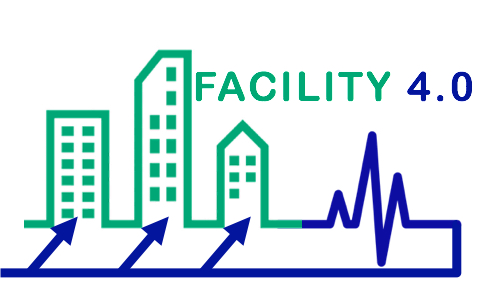
In the context of Facility 4.0, we will study the optimization of buildings energy consumption hand in hand with our partners. This will allow us to focus on real world anomalies in the vast amount of data at our disposal; thanks to our BBData infrastructure.
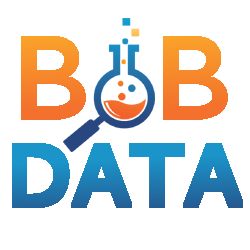
BBDATA stands for Big Building Data and aims at developing a scalable cloud platform and tools for storing and processing smart building data. The services are targeting data access, processing and analysis, using open, robust, standardized and secured big data technologies.
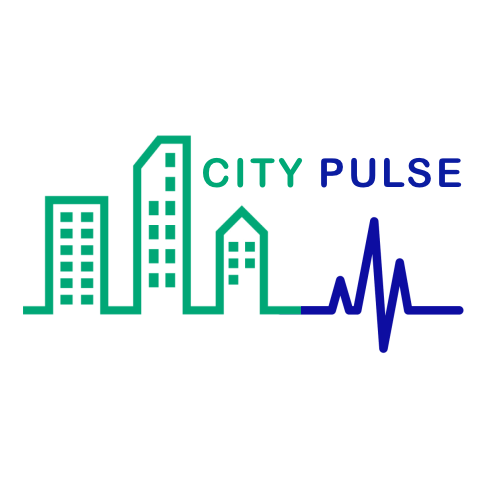
The CityPulse project aims to offer a live, localized and continuous measurement of the city through the installation of a network of Internet of Things (IoT) sensors.
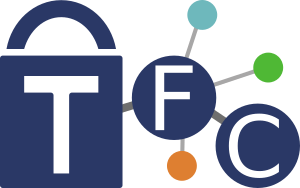
TFC is a distributed application development framework, based on POP-Java. It allows developers to develop decentralized applications in which the users can share computing power and data in a secure manner.
The connection between the different users of the software is made in a way similar to social networks, allowing users to create communities around certain applications.
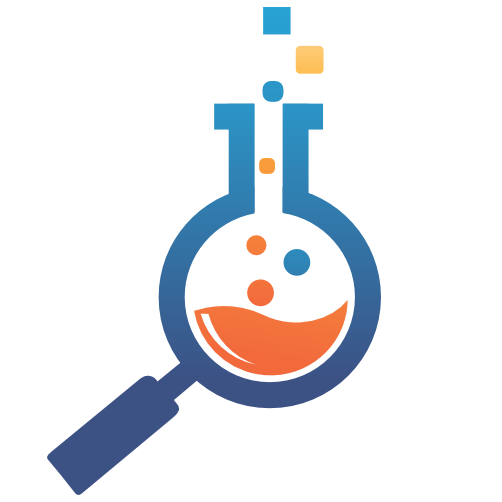
DAPLAB aims at facilitating the access for enterprises and universities to emerging technologies in the area of big data and intelligent data analysis by managing an infrastructure composed of cluster of servers dedicated to storage and computation, to which universities and local companies will have access.

PhD thesis of Antonio Ridi: In this thesis we describe our work on the use of generative modeling for the classi
cation of time series in the context of in-home monitoring. More precisely, we use generative approaches as Gaussian Mixture models (GMMs) and Hidden Markov models (HMMs).
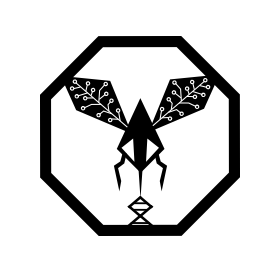
With a focus on complex systems, iCoSys approaches the different challenges of DNA analysis with its expertise in various techniques acquired in the different domains of computer science.

PhD Thesis of Gérôme Bovet - The thesis is about the conception and implementation of a framework to develop dedicated smart buildings applications. By relying on Web technologies, we demonstrate the development of seamless services while reusing the available resources within the network. We also demonstrated in this thesis the exposure of machine learning services made accessible through Web interfaces and hiding the complexity of the process.
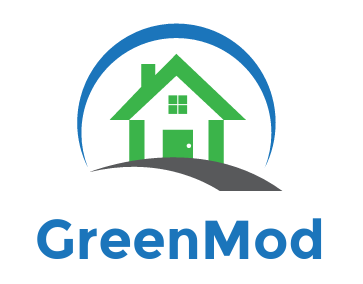
GreenMod aims at providing a framework easing the development of building management systems on top of Web technologies.
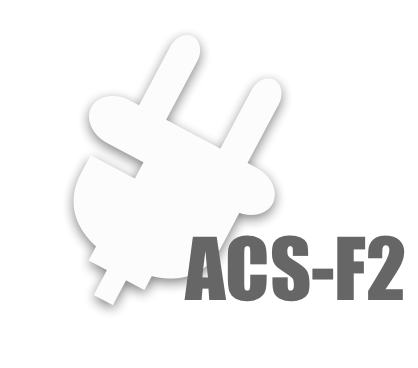
This machine learning dataset contains electric consumption signatures of 225 appliances, spread into 15 categories and including 6 time series such as current, active power and reactive power. It also includes two test protocols to be used for appliance recognition tasks.
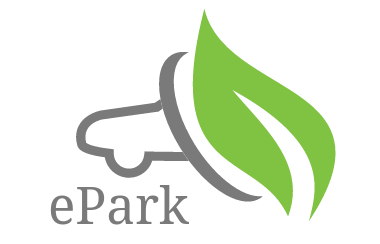
Low-cost charging station.
One of the goal of the ePark – Electric Park System project was to build a low-cost charging station offering similar functionalities but leveraging on the emergence of cheap machine-to-machine communication nodes.

ePark – Intelligent Parking System is a web service allowing drivers to be directed towards parking locations maximizing the probability to find a free parking space.

The ePark project has investigated ways to make the different charging station Information Systems interoperable (IS).
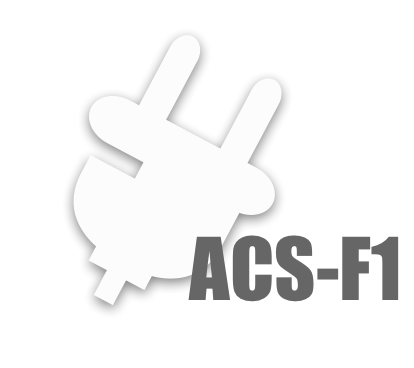
The first version of a database of appliance consumption signatures: 100 home appliances, 10 categories, 6 consumption measure types. It also includes two test protocols to be used for appliance recognition tasks.
All projects here.
